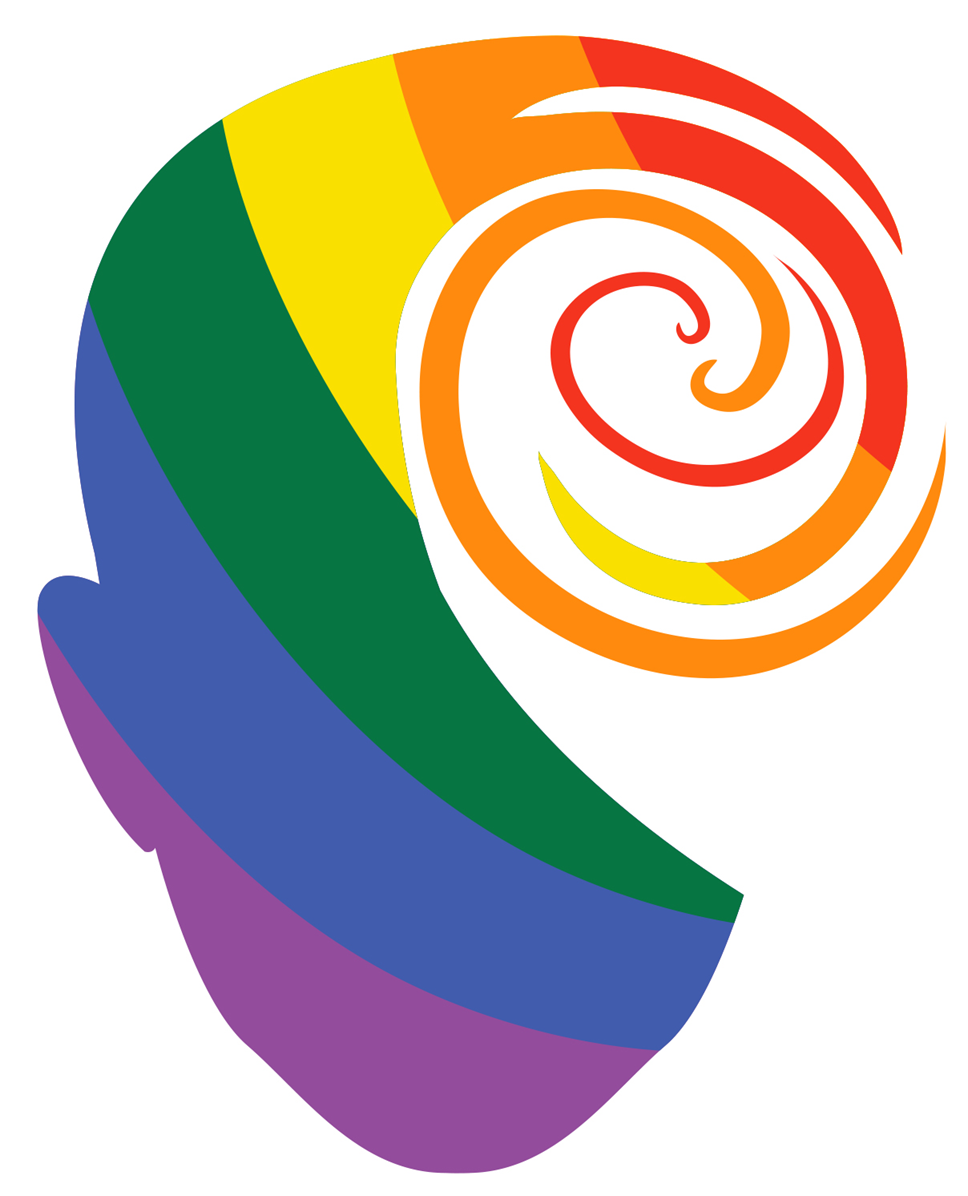
LGBTQ+ and Accessibility Needs
In today’s blog, we welcome back Carla from Provider Assurance, who gives her personal insight about life with another challenge LGBTQ+ people face, and how accessibility needs intersect with day to day lives.
I was diagnosed with Attention Deficit Hyperactivity Disorder (ADHD) earlier this year, realising I am a neurodiverse person as well as an LGBTQ+ person. Although it came as an initial shock, it was as if my whole life finally made sense. The image that most people tend to have when you mention ADHD in conversation tends to be of an 8-year-old boy, not being able to sit still in class and bouncing off the walls. Given there are clear gender differences with respect to the prevalence of ADHD, it seems odd that such a thing would be diagnosed in a 23-year-old woman.
Excellent focus. Attention to detail. Strong communication skills. Superb organisation skills. Efficiency. Time management.
These are expected of all of us in school, university, or the workplace, that I was constantly failing at. However, given that LGBTQ+ people already struggle with speaking up in these settings, not only about their experiences but if they need extra help, I felt like this was almost a double whammy for me since I fit into both the LGBTQ+ category and the accessibility needs category.
People with ADHD can also find it difficult to make sense of social situations, even when the context is a friendly and platonic one, let alone romantic situations. Since I’m bisexual, I felt the double hit of rejection from men and women as I found it difficult to make eye contact with them or talk about something that wasn't a current hyper fixation, as people with ADHD often find it really difficult to "just stop talking" about something they're really passionate about.
I had unfortunately been outed as bisexual to my parents when I was 14 which they didn't take very well, merely dismissing it as "you're just a bit eccentric, you're not gay" or "it's another one of your obsessions Carla". With these messages in mind, I was apprehensive to pursue an ADHD diagnosis in case I was wasting valuable resources and my GP's time in case I WAS just a bit eccentric, or I was just a "confused bisexual" - a label I had unwillingly internalised over the years. At the same time, I was scared that if I was to be diagnosed, my sexuality would just be dismissed as "another symptom".
However, there are many positive aspects of being both LGBTQ+ and neurodiverse. As we face many challenges and social barriers in our daily lives, we are very empathetic, warm, and accepting individuals as the thought of someone else struggling with their identity or diagnosis often makes us feel that pain as if we were that person.
There is evidence to suggest that neurodiverse people are more likely to be gender diverse and/or be lesbian, gay, queer, or asexual themselves, compared to neurotypical people. Although the reason for this is not widely understood, I personally think that it's because neurodiverse people tend to be less aware of gender norms and societal pressures, or that society is largely heteronormative. Therefore, they can be themselves unabashedly and openly without fear of the opinions of others.
At a time where I felt like I was trudging through life in a world I felt wasn't designed for people like me, I found so much solace and comfort in the LGBTQ+ community, and that also included people that were neurotypical and had totally different experiences to me. I started to see things like my accessibility needs and my identity as mere differences, not deficits or that I was lacking something.
As we near the end of Pride Month, I’d like to continue to raise awareness of resources available for LGBTQ+ individuals such as:
- Stonewall - A guide to mental health
- MIND LGBTQ+ mental health
- Mental health support if you're lesbian, gay, bisexual or trans (LGBTQ+)
